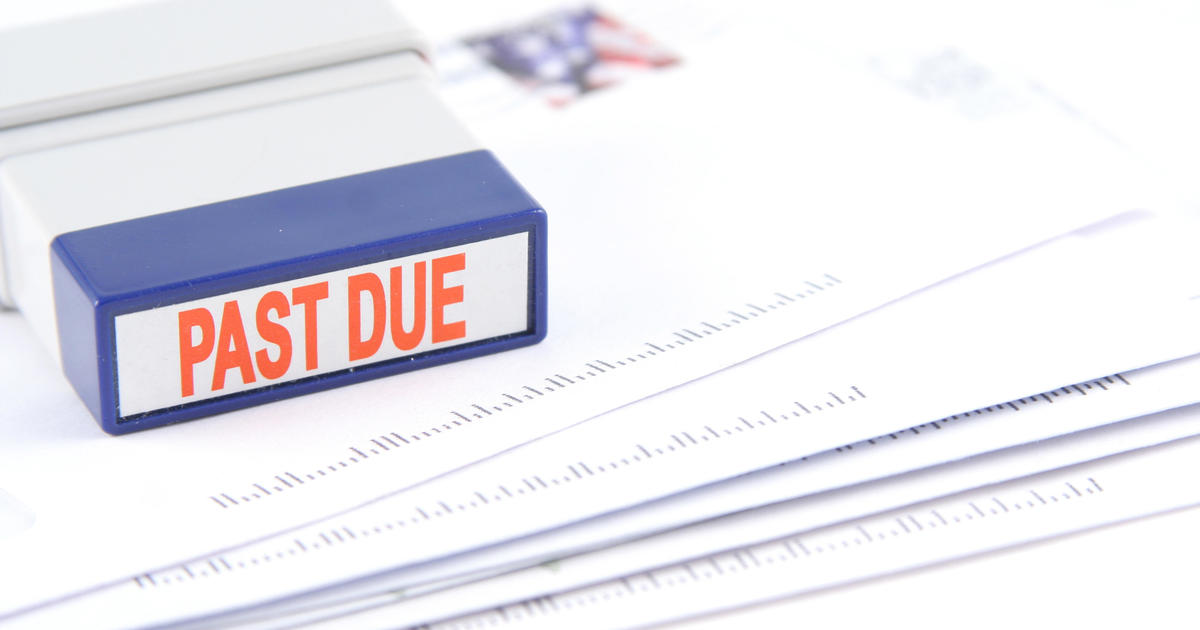We may receive commissions from some links to products on this page. Promotions are subject to availability and retailer terms.

Credit card debt can be challenging to deal with in today's economic environment. Inflation is causing higher prices on consumer goods, and the rate hikes meant to help temper inflation have caused credit card rates to climb, resulting in higher minimum payment requirements. For some, the combination of increasing prices and higher minimum credit card payments can be tough to overcome.
And, if you're facing overwhelming amounts of credit card debt, you may have decided to stop making your credit card payments, at least until your financial hardship subsides. But if you've missed several payments, your debts may have been sold to a collections agency by the card company.
In many cases, the right credit card debt forgiveness program can help you tackle what you owe on your credit cards. But do you still qualify for credit card debt forgiveness if your debt is already in collections? Here's what you should know.
Find out if you qualify for credit card debt forgiveness today.
Do I qualify for credit card debt forgiveness if my debts are in collections?
You may still qualify for credit card debt forgiveness even if your debts have been sold to a collections agency.
"When debt is in collections, it typically means that the original creditor has written off the debt as a loss and sold it to a collection agency for a fraction of the original amount," says Michael Broughton, founder and CEO of ALTRO, a credit-building app. "This transfer of debt gives collectors a new array of strategies for making a return or profit on their purchase of your debt."
Forgiving a portion of your balance is one strategy collections agencies can use to recoup some of what's owed on the debt.
"Some collectors may discount the total amount owed, recognizing that they acquired the debt at a discount. Others may realize that the debtor has limited ability to pay and that receiving even a portion of the debt is better than nothing," says Broughton.
And, if your debts have been in collections for a while, you have an even higher likelihood of achieving forgiveness, according to Broughton.
Reach out to a credit card debt forgiveness expert now.
Why you should sign up for debt forgiveness with debts in collections
If your credit card debt is in collections, you may want to consider signing up for credit card debt forgiveness. After all, when you have debts in collections, your credit score is typically impacted. While debt forgiveness can also impact your credit score, it could help resolve the collections account issue, allowing you to rebuild your credit over time. If you don't address the accounts you have in collections, they may continue to impact your credit for up to seven years.
And, while common collections efforts include phone calls and letters, some collections agencies may sue you for the money you owe. If this results in a legal judgment, you could face further action, like wage and bank account garnishments and liens on your property. When you enroll in a debt settlement service, the company will typically reach out to your creditors to let them know you're saving for a settlement. This may stop the collections agencies from escalating their collections efforts.
The bottom line
If your debts are in collections, you likely qualify for a credit card debt forgiveness service. In fact, your debts being in collections may make it easier for the experts who work on your behalf to reduce a larger portion of your balance, since collections agencies typically purchase debt at a discount. Moreover, if you have debt in collections, you may want to consider reaching out to a debt forgiveness service now. At best, collections accounts can hurt your credit score and make it difficult to money in the future. At worst, debt collectors may take you to court, garnish your wages or use other aggressive methods to collect what you owe. Get in touch with a debt forgiveness service today.

